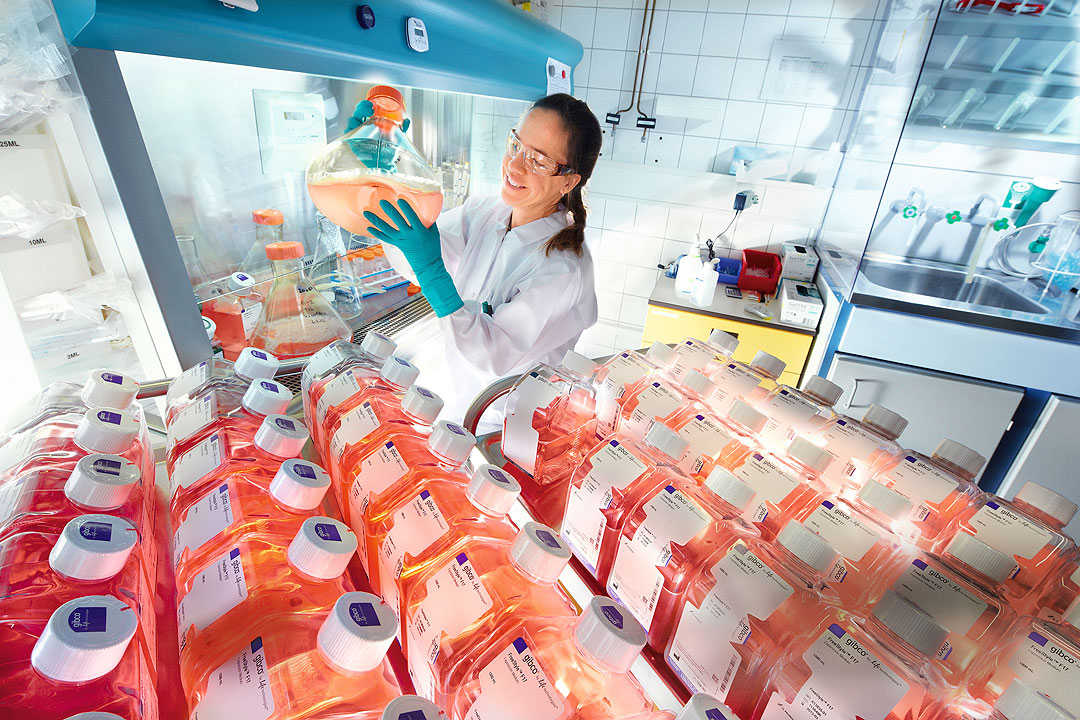Bayer invests €1.3B in next-gen healthcare

PHARMACEUTICAL company Bayer AG announced on April 1 that it is investing more than €1.3 billion over the next three years in tackling “the challenges facing humanity” — including cancer, neurodegenerative disease, and agriculture’s environmental impact — through Leaps by Bayer, its impact investment unit.
“We stand at the dawn of a new age of innovation in the Life Sciences,” said Werner Baumann, chairman of the board of management of Bayer AG, in a statement.
Added Jürgen Eckhardt, head of Leaps by Bayer: “We will be able to continue on our successful path and provide funding for the brightest minds working on solutions that truly make a difference for people and the planet.”
Leap’s partners include Recursion, an AI (artificial intelligence)-focused company working to find drug treatments for lung fibrosis and other fibrotic diseases; and Mammoth Biosciences, which has CRISPR systems (molecular machineries that can change any letter in an organism’s deoxyribonucleic acid) that develop in vivo gene-editing therapies.
According to Jamie Metzl, a technology and healthcare futurist who spoke at the company’s Breakthrough Innovation Forum, human creativity is one of the strongest forces in the universe.
“We must all start to think a little like science fiction writers, because we live in a world that will increasingly feel like science fiction,” he said, citing technologies that are improving at exponential rates.
“We are at a transition point in human history, and are using our new capabilities in genetics and biotechnology revolutions to renegotiate our relationship with the world around us,” he continued. “Our species now has the ability to recast the code of life.”
A critical driver of this application is moving healthcare to a world of personalized or precision healthcare from the perspective of generalized medicine.
“We’ll move from our current system — which we call healthcare, but is oftentimes symptom-based sick care — to a truer model of prediction and prevention,” said Mr. Metzl.
Another driver of this application is agriculture, with its current reliance on chemical fertilizers and engineered water systems. Mr. Metzl pointed out that chemical fertilizers account for 2% of global energy use, and 1.5% of greenhouse gas emissions.
“We are reaching the limits on sustainable land and water use… clearly, we need to increase yields while lowering agriculture’s environment and carbon footprint,” he added.
Bayer, which invests €2 billion per year for research and development in its Crop Science division, launched a biotech defense against corn rootworm — a pest responsible for €1 billion in crop damage per year — while reducing the need for crop protection. It also plans to bring a more weather-resistant corn hybrid to the market in 2023.
“The question is not technology either-or, but how best. It is not technology yes-or-no, but technology how best to benefit our world,” said Mr. Metzl. — Patricia B. Mirasol



